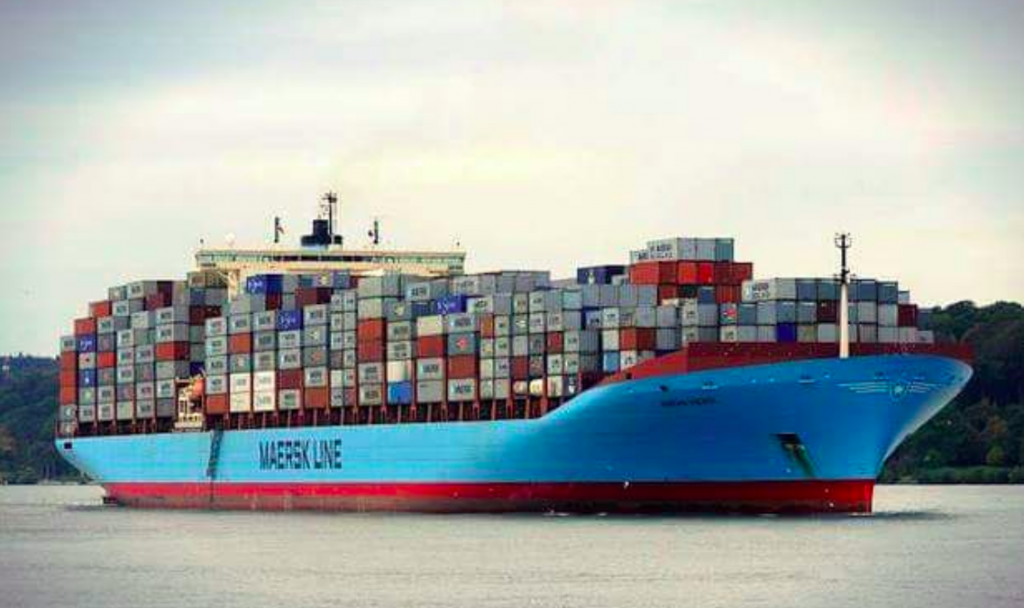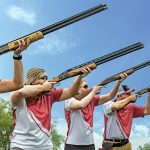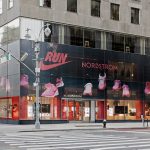Officials from the Sports & Fitness Industry Association (SFIA) and Outdoor Industry Association (OIA) testified in strong opposition to proposed tariffs on Chinese-made sports, fitness and outdoor products. The officials stated that the proposed tariffs would likely raise prices for consumers and lead to job losses while also stressing how essential sports and outdoor products are in supporting healthy and active lifestyles.
The United States Trade Representative (USTR) kicked off a week of public hearings on Monday in Washington, D.C. on the latest list of products from China that could face $200 billion in tariffs.
Hearings are being held between August 20 to 24 and on August 27, the USTR said in a statement. The USTR released a list of 359 people who will present testimony, representing a wide swath of U.S. companies producing goods ranging from home building supplies to technology products, bicycles and apparel.
The tariffs are expected to take effect in late September after a public comment period ends on September 5.
In a statement, SFIA noted that SFIA President and CEO Tom Cove, representing over 20 SFIA member companies, identified the far-reaching negative impacts on the sports and fitness industry and the millions of Americans who look to play sports and be active every day.
The tariffs, which could be imposed immediately, would drive up consumer prices and disrupt business models that American companies have built over many years, he said. The list of proposed tariffs on $200 billion of Chinese imports includes baseball hats, sports bags, backpacks, fitness equipment generators, facemasks, chinstraps and baseball, softball, hockey and lacrosse gloves.
“Our members have taken steps to diversify sourcing,” said Cove, “But it can take years to find alternative production options, train the workforce, develop necessary infrastructure and build, or retrofit, a manufacturing facility. There is not sufficient capacity at this moment outside of China to accommodate our industry’s needs. Shifting manufacturing to other countries is simply not feasible in real time or at this scale.”
“We make products that keep people physically active and healthy. It makes no sense to drive up the price of products that otherwise contribute to lowering the national expenditure on health care.”
Cove commended the Trump administration’s focus on improving intellectual property protections in China, but suggested these tariffs would not accomplish the goal.
“We believe China should be held accountable to uphold intellectual property rights, but tariffs on our products may have the unintended and perverse effect of harming business partners of U.S. companies while incentivizing counterfeiters and other criminal enterprises who do not play by the rules. By definition, counterfeiters avoid legitimate business relationships and do not pay tariffs.”
Cove suggested a focus of the U.S. government should be to work multilateral basis, especially at the World Trade Organization.
The OIA was represented by Rich Harper, the organization’s manager of international trade. The list of products released on July 10 that could face an additional 10 to 25 percent tariff includes backpacks and sports bags, bikes, some leather gloves, wool and other fabrics, kayaks, camp chairs and hats.
In his testimony, Harper noted that the outdoor industry generates more than $887 billion in consumer spending, accounts for 7.6 million American jobs in the U.S. and the industry’s products play a major role in “enriching people’s lives by supporting healthy and active lifestyles.”
He also noted that there is no commercially significant domestic production of many of the outdoor products proposed to receive tariffs, and the items already face significant import tariffs, as high as 17.6 percent for backpacks and 20 percent for sports bags. While outdoor companies are actively looking to diversify their sourcing options, China continues to dominate the market with the advantage of its infrastructure and skilled workforce.
Harper testified that an additional 10 percent tariff will force outdoor companies to either absorb the costs of the higher tariff or pass it along to the consumer. The higher costs will also mean less money for the design, development and testing of new technologies and products. Raising the tariff to 25 percent may put some small, medium-sized companies out of business.
Harper said, “Ultimately, this means outdoor companies will be unable to create new U.S. jobs and, in some cases, may be forced to eliminate existing jobs. It will force some companies to discontinue popular and profitable products and cease the development of new products that could significantly grow the company and the overall outdoor recreation economy. And it will put many of these products out of the reach of U.S. consumers who are looking to pursue healthy and active lifestyles in the great outdoors.”
Stephen Lamar, of the American Apparel & Footwear Association, according to the Seattle Times, warned against the additional tax that U.S. member companies such as those importing diaper bags, fabric and fasteners will face on top of duties they already pay.
“We are truly pleased to see the administration has started a dialogue with China,” Lamar said. “But let’s make sure this dialogue helps, and does not come at the expense of U.S. workers, companies, consumers and communities.”
Photo courtesy Maersk














